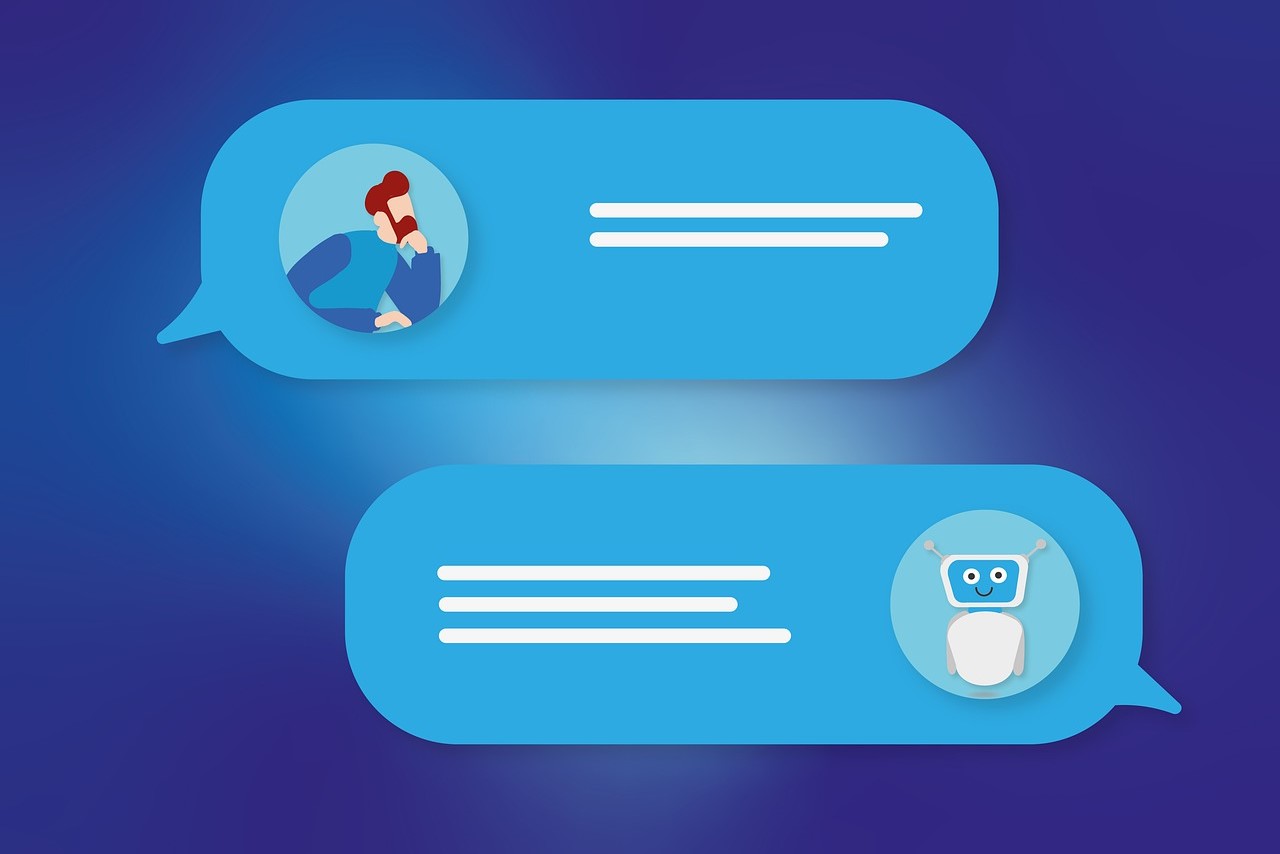Article
- Title: The Disruptive Role of ChatGPT and Large Language Models in the Maritime Sector
- Author: Chinmoy Ghose
- Date: 19 October, 2023
- Reading time: 5-7 minutes
Summary
Chinmoy Ghose explains the role of large language models, such as ChatGPT, in the maritime industry. He presents their disruptive capabilities, impact on operations, effects on business processes, and relationship with human resources.
The Disruptive Role of ChatGPT and Large Language Models in the Maritime Sector
Chinmoy Ghose
Chinmoy Ghose is Managing Director at METIS (Singapore).
Introduction
The maritime sector is a complex and rapidly evolving industry. As the world's economy becomes increasingly globalised, the demand for maritime transportation is also growing. This is putting a strain on the industry, as it struggles to keep up with the growing demand.
The maritime industry has been quite slow in incorporating new technological advancements at the core of its business to enhance efficiency and effectiveness. In recent years, artificial intelligence (AI) and large language models have emerged as powerful tools with significant potential to revolutionise the sector. In this article, we will explore the role of ChatGPT and other large language models in the maritime industry, focusing on their disruptive capabilities, impact on operations, effects on business processes, and their relationship with human resources.
1. Disruption in the Maritime Sector
Applications using large language models such as ChatGPT have the potential for a significant impact in the maritime sector. These models are built on advanced machine learning techniques, capable of understanding and generating human-like text responses. This technology opens up new possibilities for automating routine tasks, retrieving valuable information on the spot and streamlining communication processes, onboard and ashore.One area where ChatGPT can disrupt the maritime industry is in customer service and support. By deploying AI-powered chatbots based on language models, shipping companies can provide instant and personalised assistance to customers, addressing their queries, tracking shipments, and offering real-time updates. This automation not only improves customer satisfaction but also reduces the workload on human customer service representatives.
2. Impact on Maritime and Shipping Operations
When deployed in maritime and shipping operations, ChatGPT can significantly impact efficiency and decision-making processes. These models can analyse vast amounts of data, ranging from weather conditions, vessel performance, cargo details, and historical patterns. By processing this information, they can generate insights and recommendations to optimise routes, predict maintenance needs, and enhance fuel efficiency.Additionally, large language models can assist in regulatory compliance and risk management. They can analyse complex maritime regulations, providing companies with accurate and up-to-date information to ensure compliance. Moreover, these models can assist in risk assessment by analysing historical data and identifying potential hazards or operational inefficiencies.
3. Effects on Business Operations or Processes
The integration of ChatGPT and other large language models into business operations in the maritime sector can lead to various positive effects. Firstly, by automating routine and repetitive tasks, such as data entry and documentation, these models can significantly reduce operational costs and free up human resources for more strategic and value-added activities.Furthermore, large language models can facilitate better decision-making by providing comprehensive and real-time insights. For instance, shipping companies can leverage AI-powered models to optimise cargo loading, minimise empty container trips, and optimise port calls, resulting in reduced fuel consumption, shorter turnaround times, and increased operational efficiency.
4. Role in Relation to Human Resources / the Workforce
While the adoption of ChatGPT and large language models may raise concerns about job displacement, their role in relation to human resources is more aligned with augmentation rather than replacement. These models can augment human capabilities by assisting in complex tasks, improving accuracy, and enhancing overall productivity.For example, maritime professionals can rely on AI-powered models to conduct data-driven analyses, perform predictive maintenance, and make informed decisions based on insights generated by these models. Moreover, by automating repetitive and mundane tasks, employees can focus on more strategic aspects of their roles, such as relationship management, innovation, and creative problem-solving.
The use of large language models can also benefit workforce training and knowledge transfer. These models can serve as virtual mentors, providing on-demand access to vast amounts of industry-specific information, regulations, best practices, and case studies. This empowers employees to upskill and stay updated with the latest industry trends, ultimately enhancing their professional growth and adaptability.
The chat-bot can be specifically designed for shipping, and some companies are implementing the concept of a virtual personal assistant, a virtual employee who is always available to support the executives of a shipping company. In a chat-bot, one can communicate in simple English, in natural language, like you communicate with your colleagues; you ask questions, you get answers. The system can also send automated alerts on critical events or predefined scheduled reports.
The virtual assistant works non-stop, 24 hours a day, monitoring dozens of parameters of the ship in real time and recording and analysing thousands of indications and signals coming from them and third-party systems. In addition, it draws valuable conclusions, is ready to respond immediately to any question it receives, can determine if a critical event has occurred and send notifications to the appropriate recipients, and prepares reports for each department or each user separately. In this way, the work of shipping companies is facilitated, productivity increases, and there is a serious control of operating costs, starting from fuel consumption and reaching the effective observance of the mandatory regulations that apply to shipping worldwide.
Conclusion
ChatGPT and other large language models are able to transform the maritime sector by causing disruption, streamlining operations, optimising business processes, and augmenting the workforce. These models enable shipping companies to provide better customer service, optimise logistics operations, and make data-driven decisions. While their adoption may require adjustments and proper change management, the potential benefits in terms of efficiency, safety, and profitability make them an indispensable tool for the maritime industry going forward. As the technology continues to advance, we can expect even greater integration and optimisation of large language models within the maritime sector, further revolutionising its practices and opening new horizons of innovation.

